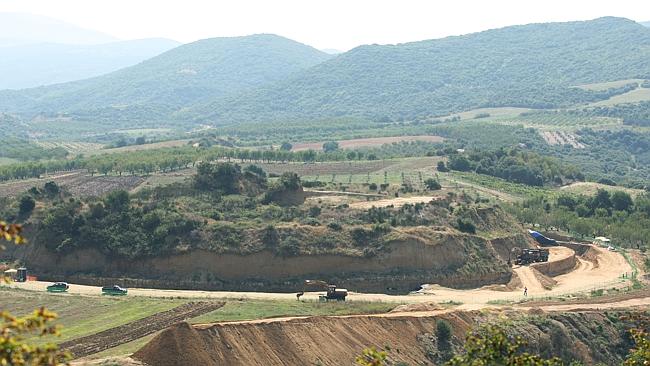The two hundred residents of Amphipolis feel that their remote village has struck gold as the world waits to find out who is buried at the ancient tomb. Business Insider visited to district to find that most residents in the town believe that the warrior king Alexander the Great is buried there. After all, he did use the city’s port to launch his fleet to Asia.
Cultural Ministry General Secretary Lina Mendoni said that the lab results of the bone analysis and DNA of the skeletal remains in the luxurious tomb could take up to six months. “We may never know the identity of the skeleton, even after the DNA testing is carried out,” she points out.
Ultimately, the tests may only indicate rather than reveal the actual identity of the tomb’s occupant.
Meanwhile, geophysicists are busy scanning the site to see if there are other bodies buried inside. The list of potential occupants is wide-ranging with names such as the warrior king’s wife Roxanne and their son Alexander IV, his mother Olympias, as well as his brother and sister—in-law.
Scientists believe that the most likely possibility is that Alexander the Great was buried in Alexandria, Egypt, but locals at Amphipolis have other hopes. Business Insider visited the locals who say: “What mother would leave the body of her son in a foreign land?” As far as they’re concerned Olympias had secretly brought his body here.
Meanwhile, tourist buses and school groups have been arriving, providing a much-needed boost to tourism in the area. The village’s sole café has even expanded its garden to accommodate visitors who don’t seem to care that the tomb is still shut to the public.





































